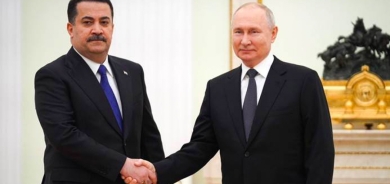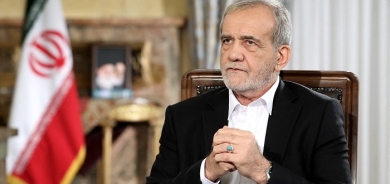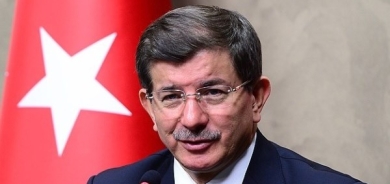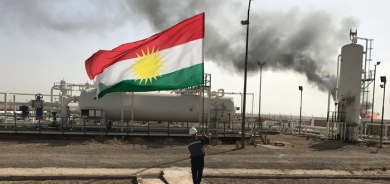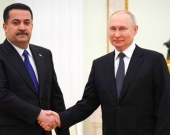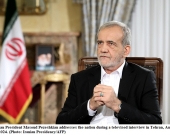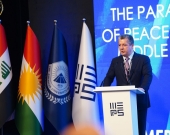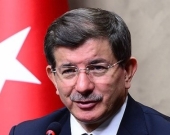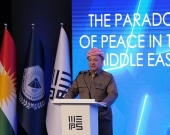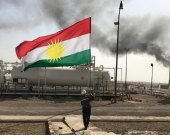Baghdad Skirts Kurdish Demands

In Erbil, the capital of the autonomous Kurdistan Region, Maliki agreed to all the conditions set forth by the Kurdish leaders. Two years on, however, the Kurds complain that the Iraqi prime minister hasn’t met any of the pledges he made in what is known the Erbil agreement.
The Erbil agreement reads, "The Iraqi coalition government will be considered void if the Kurdish alliance withdraws from it, if the Iraqi government fails to meet the agreed upon articles of the Iraqi constitution.”
The Kurds are concerned that some Iraqi leaders are trying to modify Iraq's constitution.
In a speech in October, Ammar al Hakim, leader of the Supreme Islamic Council of Iraq, said the Iraqi constitution should be saved.
Hakim said that more than 50 articles in the constitution need to be rewritten “in order to identify the procedures for their implementation and draw the lines between the legislative and executive powers and set them on the right path.”
Hakim added, “Unfortunately many of these articles need interpretation and the mechanism of their implementation has not been outlined by law yet. This might lead to much of the constitution failing.”
Among the demands of the Kurdish parties was to carry out a population census in Iraq, but this has been delayed several times by the Iraqi government since 2007. Baghdad has failed to set a date for general census.
A new oil and gas law was also among the Kurdish demands.
Bakir Hama Siddiq, an MP from the Kurdistan Islamic Union, said that Malilki has not respected the Erbil agreement but that the problem does not only lie with Maliki.
"The Kurdish resolve is also weak when it comes to negotiations with Maliki," he said. "Whenever the Kurds bring up the issue, they show an endless number of files and documents."
Siddiq said the Kurds in Baghdad aren’t organized and are too bureaucratic. He also said that the sacking of Faraj al-Haydari, a Kurd and the head of Iraq's election commission, by Baghdad was detrimental to the Kurdish efforts in the capital.
"We’re now unable to put any real pressure on the officials in Baghdad,” Siddiq said.
Siddiq said Maliki is not expected to fulfill any of the Kurdish demands during the remainder of his term as prime minister.
However, some Kurdish MPs in Baghdad appear optimistic.
Muhsin Sadun, an MP from the Kurdistan Alliance, told Rudaw that after the visit by Kurdistan Region President Massoud Barzani and Kurdistan Region Pime Minister Barham Salih to Baghdad, several committees were formed to address Kurdish concerns.
“I believe many things will become clear for us by the end of this year regarding the fulfillment of the Kurdish demands,” said Sadun.
If Baghdad doesn’t fulfill its agreement with the Kurds, Sadun said, Erbil will sever administrative ties with parts of the Nineveh, Kirkuk and other areas in disputed provinces that are claimed by the Kurdistan Regional Government (KRG).

